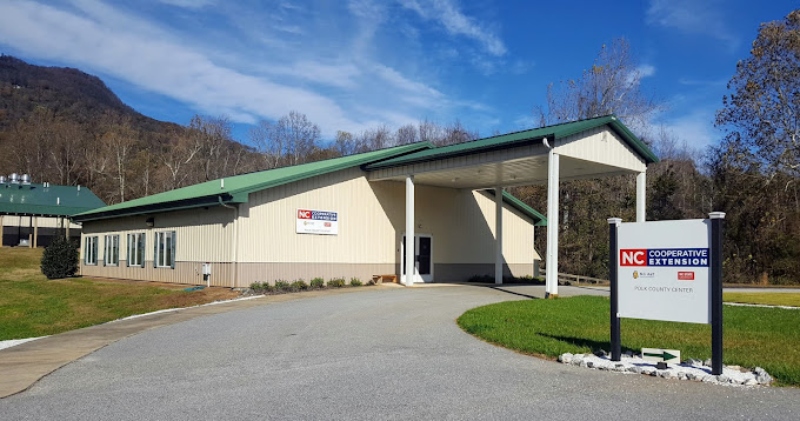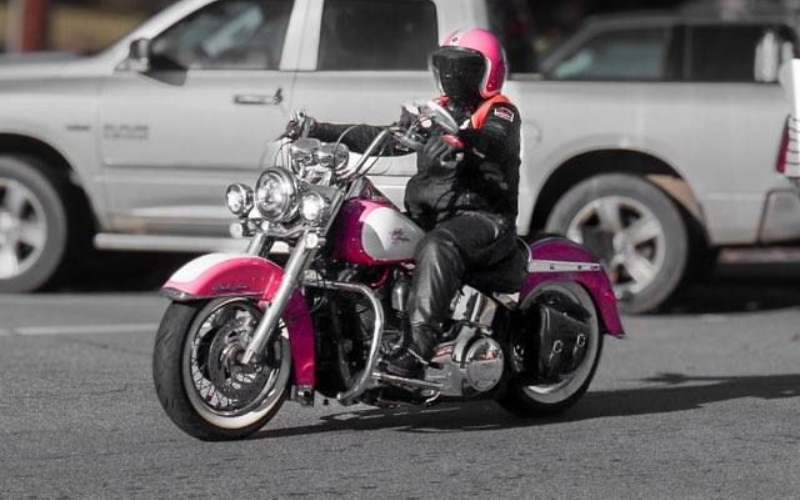Who speaks for the poor in this election?
Published 10:00 pm Tuesday, August 23, 2016
To the editor:
Who speaks for the poor? No one it seems, at least if you’re a political candidate. Indeed, thus far in all the presidential primaries and conventions only two candidates even memorably if sparingly uttered the words “poverty” and “the poor,” Bernie Sanders and Marco Rubio. Both lost. In truth, the bottom eight percent of this nation has become a largely abandoned and dismissed group that many would like to make invisible even as their numbers grow. We have “built a wall” between the poor and the rest of America, and generations will remain hidden behind it.
For those of us only too willing to cast stones at Hillary and her obscene speaking fees and billionaire Donald and his towering riches, look no further than our own state and local officials and to ourselves as villains all. While both Republicans and Democrats run ads, put up lots of signs, visit local farmer’s markets on Saturday mornings, invite you to their BBQs, and do everything they can to “turn out their base,” they studiously avoid any gathering or photo op with the poor. How easier to build jails and regulate bathrooms than increase social services or help the weakest in our society. After all, the poor don’t vote in substantial numbers, even less with new restrictive laws.
Trending
Without endless political wrangling over percentages, status, and experiences of the poor, all should acknowledge their Biblical existence within our society. Moreover, their numbers have increased dramatically in the last decade, moving North Carolina from 26th in the nation to 12th in terms of real poverty. Perhaps as many as two million in North Carolina now can be termed poor while one of every three children live in poverty. From Winston-Salem to Raleigh and Charlotte, North Carolina’s cities now populate the top ten for growth in poverty. Neighboring Forest City and Rutherford County rank as among the poorest in the nation. Yet such statistics inevitably fall on deaf ears and unsympathetic hearts.
In truth, the poor might as well live in a foreign country so little are they visited and “aided” by anyone. Indeed, those who help usually expect the poor to come to them, to their churches and free meals, distribution centers, all the while giving them a few boxes and hoping they disappear. Yet where do they go? Their presence strikes unease and fear into most of our hearts. It feels good to write a check, to safely stand behind a table and dispense food and goods, and, at Thanksgiving and Christmas, to deliver a meal and some toys. Yet few of us want to do more and our elected leaders less.
Talking about the poor has become the third rail of American political and social policy. Mention it and you instantly will be accused of “class warfare,” of “the politics of envy,” or, worse, of being a “bleeding heart liberal.” Following the lead of unbefittingly named “heritage” foundations, many quite ordinary folks believe that the poor deserve their fate, that they are the “users and abusers” of society, have little ambition, are lazy, and prefer government handouts to hard work. No “makers and shakers” and “aspiration makers” among them. That’s called Social Darwinism, the survival of the fittest, and, along with greed, that’s what made America great. Or at least more unequal and uncaring.
A pliable “Jesus solution,” the idea that the poor will always be among us and “never cease out of the land,” that churches and charities can best address their needs, that poverty is an intractable, unending social problem, and that government programs like Medicaid only exacerbate the problem has created a do-little rationalization many embrace. Yet such initiatives do not necessarily reflect progressive so much as Biblical values, and our departure from them to an obsession with gays, LGBTs, and bathrooms does much to explain why a younger generation has fallen away from religion. Perhaps the truest measure of making America great again comes not from the idea that “we’re all gonna be rich” but from how we treat the weakest members of our society, an impossible task we joyfully should undertake.
~ Milton Ready, Tryon, N.C.





